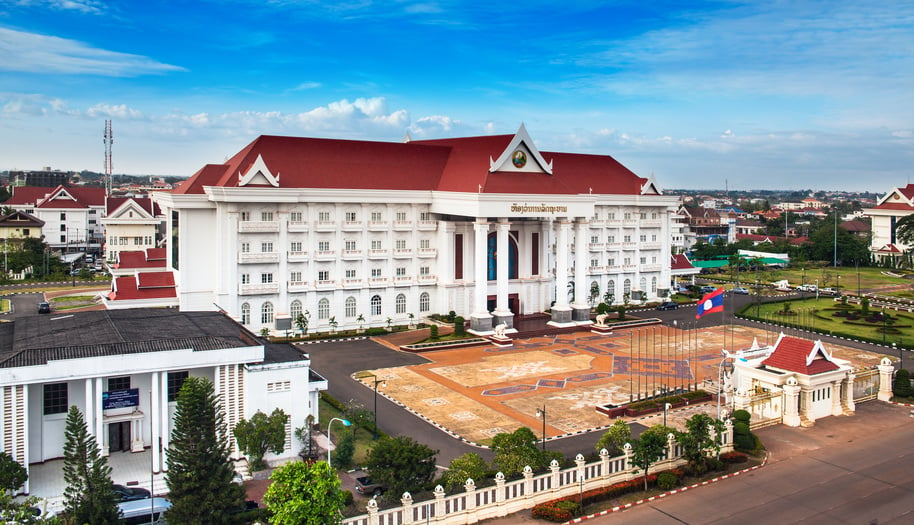In brief
The Entertainment Complex Policy Parliamentary Committee (“Parliamentary Committee“) has considered and endorsed the draft Entertainment Complex Bill, B.E. … (“Entertainment Complex Bill“), a concept initiated many years ago. The Entertainment Complex Bill aims to facilitate the establishment of entertainment complexes that include casinos. This has been passed to the House of Representatives in March 2024.
In more detail
To date, based on the publicly available information, the Entertainment Complex Bill and its sub-regulations should include the following matters and requirements.
- License requirements
The Entertainment Complex Bill outlines specific requirements for business operators seeking a license to operate an entertainment complex business (i.e., casino license). This may include (i) being an entity registered in Thailand, and (ii) a minimum registered capital of THB 10,000 million. The casino license will be valid for 20 years and can be renewed every five years.
- Minimum investment requirements
The Entertainment Complex Bill may require business operators to invest at least THB 100,000 million in the entertainment complex business. Additionally, there may also be different types of casino licenses available, depending on the size of the investment.
- Location of the entertainment complex
Initially, the Parliamentary Committee proposes that entertainment complexes should be located (i) within a 100-kilometer radius of specific international airports in Thailand, (ii) in designated tourist provinces, and (iii) in designated border provinces. However, this location requirement is subject to public hearings of the relevant locals.
- Taxes
The Parliamentary Committee has also proposed a tax rate of 17% on the gross gambling revenue (GGR) for entertainment complex business operators. However, this is yet to be included in the Entertainment Complex Bill.
- Casino entry levy
The Parliamentary Committee also recommends including a casino entry levy into the Entertainment Complex Bill. This is to screen and deter vulnerable groups of gamblers from entering the casino. However, the casino entry levy should be set at a reasonably affordable amount.
Although the Entertainment Complex Bill is still in its early stages and may take several years to finalize, it offers significant opportunities for business operators. These opportunities extend not only to casino business operators but also to those who recognize the potential in businesses that should be located near the casino.
We will keep monitoring the development of the Entertainment Complex Bill and will promptly publish newsletters when there are significant developments. Should you have any questions, please contact our team.



